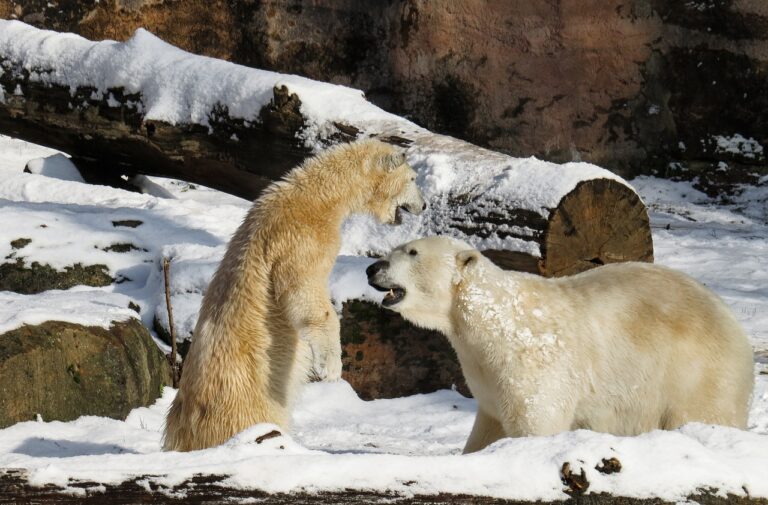Assessing the Influence of Peer Relationships on Cricket Talent Evaluation: Betbhai 9, Playexch, Gold365.win login
betbhai 9, playexch, gold365.win login: Assessing the Influence of Peer Relationships on Cricket Talent Evaluation
Cricket talent evaluation is a crucial process for identifying and nurturing young cricketers with the potential to excel in the sport. While traditional methods of evaluation focus on individual skills and performance, recent studies have shown that peer relationships can also play a significant role in assessing cricket talent.
Peer relationships in cricket refer to the interactions and dynamics between players within a team or training group. These relationships can impact a player’s development, performance, and overall potential in the sport. By understanding the influence of peer relationships on cricket talent evaluation, coaches and talent scouts can gain valuable insights into the players’ abilities and potential for success.
Here are some key factors to consider when assessing the influence of peer relationships on cricket talent evaluation:
1. Team Dynamics: The dynamics within a cricket team can have a significant impact on individual player performance. Positive team dynamics, characterized by strong communication, trust, and cooperation among players, can enhance a player’s confidence and motivation on the field.
2. Leadership Qualities: Leaders within a cricket team can influence the performance and behavior of their teammates. Players who demonstrate strong leadership qualities, such as communication skills, decision-making abilities, and a positive attitude, can inspire and motivate their peers to perform at their best.
3. Peer Support: Peer support plays a crucial role in building a player’s confidence and resilience in cricket. Players who receive encouragement, feedback, and support from their teammates are more likely to overcome challenges, improve their skills, and achieve their full potential in the sport.
4. Competition: Healthy competition among players can drive performance and growth in cricket. When players have rivals within their team who push them to work harder, improve their skills, and strive for excellence, they are more likely to reach their peak performance levels.
5. Social Skills: In cricket, social skills are just as important as technical skills. Players who demonstrate good sportsmanship, teamwork, and communication skills are more likely to build positive relationships with their peers, coaches, and officials, which can enhance their overall performance and success in the sport.
6. Peer Influence: Peers can influence a player’s behavior, attitudes, and decision-making in cricket. Players who associate with positive role models and mentors within their team are more likely to adopt healthy habits, work ethic, and attitudes that contribute to their development as cricketers.
By considering these factors and evaluating the influence of peer relationships on cricket talent, coaches and talent scouts can gain a more comprehensive understanding of a player’s potential and suitability for higher levels of competition.
FAQs
Q: How can coaches and talent scouts assess the influence of peer relationships on cricket talent evaluation?
A: Coaches and talent scouts can observe players’ interactions, communication, leadership qualities, and social skills within their team to assess the influence of peer relationships on cricket talent evaluation.
Q: Are peer relationships more important than individual skills in cricket talent evaluation?
A: Peer relationships are an important factor to consider in cricket talent evaluation, but individual skills, performance, and potential also play a significant role in identifying and nurturing talented cricketers.
Q: How can players improve their peer relationships in cricket?
A: Players can improve their peer relationships in cricket by demonstrating good sportsmanship, teamwork, communication skills, and positive attitudes towards their teammates.
In conclusion, peer relationships can have a significant impact on cricket talent evaluation. By considering the dynamics, support, leadership, competition, social skills, and influence of peer relationships within a cricket team, coaches and talent scouts can gain valuable insights into a player’s potential and suitability for success in the sport.







